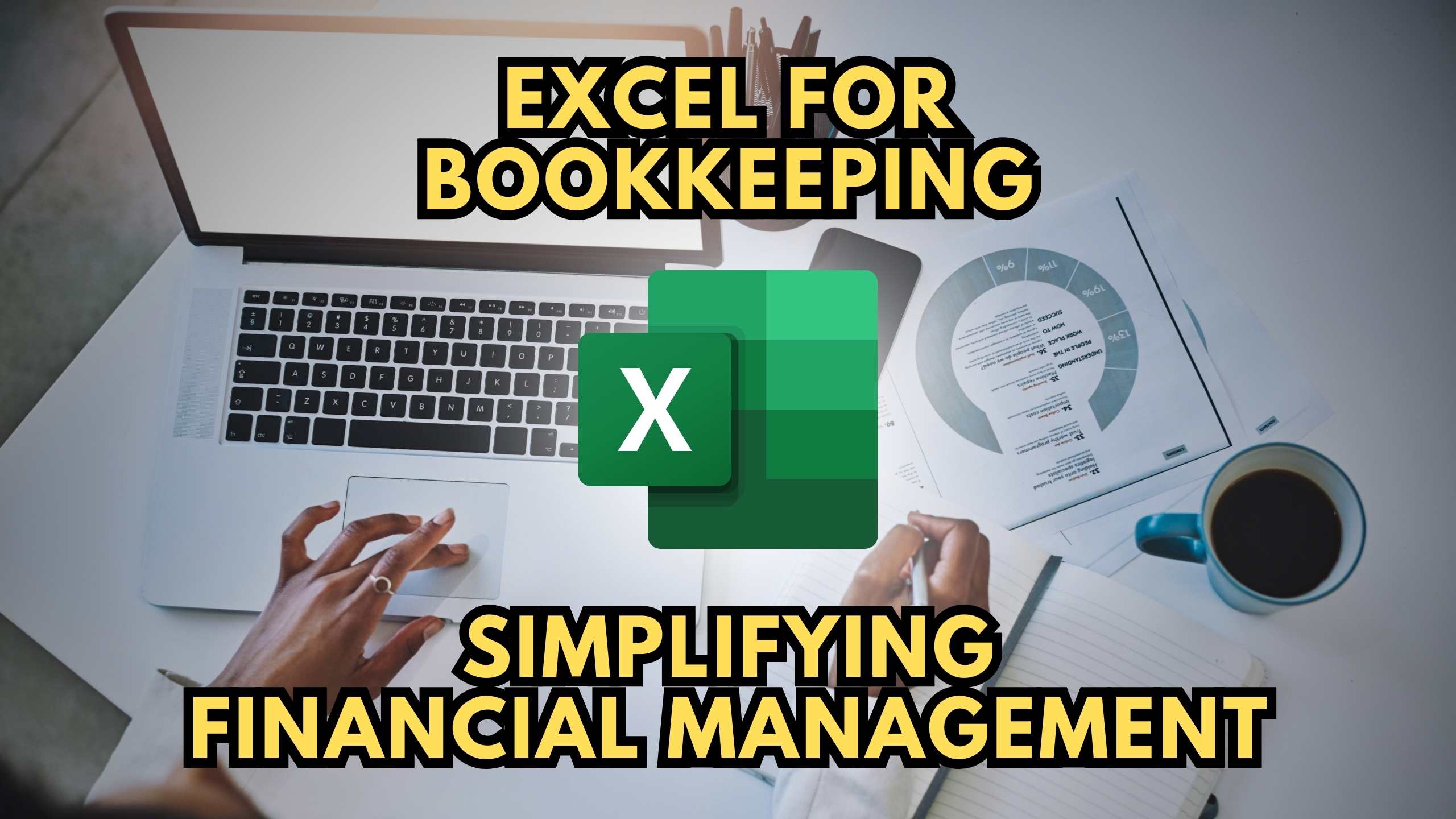Excel for Bookkeeping: Simplifying Financial Management
- Expense Management Software Credit Cards Investing Business Solutions


Excel for Bookkeeping: Simplifying Financial Management
Efficient bookkeeping is essential for any business’s financial health, and many professionals wonder if Excel is a suitable tool for the task. In this comprehensive blog, we’ll explore how Excel can simplify bookkeeping processes and discuss its advantages. Additionally, we’ll introduce relevant SaaS products that complement Excel’s capabilities for enhanced financial management.
1. Excel for Bookkeeping: A Powerful Tool
Excel serves as a versatile spreadsheet software that enables users to create detailed financial records, track expenses, and generate reports. Its user-friendly interface and familiar grid format make it accessible for users with varying levels of financial expertise. Leveraging Excel formulas and functions, such as SUM, VLOOKUP, and PivotTables, enhances bookkeeping efficiency and accuracy.
2. Organizing Financial Data with Excel
One of Excel’s strengths lies in its ability to organize financial data systematically. Users can create separate sheets for income, expenses, and ledger entries, ensuring a well-structured and organized financial record. Excel’s sorting and filtering features further facilitate easy navigation and analysis of financial information.
3. Tracking Transactions and Generating Reports
Excel allows users to record transactions in real-time and generate customized financial reports with just a few clicks. Whether it’s creating income statements, balance sheets, or cash flow statements, Excel provides the flexibility to tailor reports to meet specific business needs. This adaptability makes it an invaluable tool for small businesses and freelancers.
Enhancing Excel with SaaS Products
While Excel is a powerful tool, integrating it with SaaS products can amplify its effectiveness in financial management. Here are five relevant SaaS products:
- QuickBooks Online: QuickBooks Online seamlessly integrates with Excel, automating various bookkeeping tasks and providing real-time financial insights.
- Xero: Xero simplifies accounting processes and enhances collaboration, syncing seamlessly with Excel for efficient data transfer and analysis.
- FreshBooks: FreshBooks offers cloud-based accounting with easy invoicing and expense tracking, complementing Excel’s capabilities for comprehensive financial management.
- Zoho Books: Zoho Books integrates smoothly with Excel, offering features like project billing and inventory management for a complete financial solution.
- Subscribed.fyi: Subscribed.fyi provides a centralized platform to compare and manage various SaaS tools, ensuring you make informed decisions about your financial management stack.
Conclusion
In conclusion, Excel is a powerful tool for bookkeeping, offering a flexible and user-friendly platform for managing financial data. When coupled with relevant SaaS products, Excel becomes even more potent, providing comprehensive solutions for businesses of all sizes.
Simplify Your Financial Management with Subscribed.fyi!
Ready to streamline your financial management processes? Subscribed.fyi offers exclusive deals on essential SaaS tools. Sign up for free to unlock secret deals and save big on your favorite financial management tools. Manage all subscriptions effortlessly, compare SaaS tools side by side, and make informed decisions with Subscribed.fyi.
Relevant Links:








